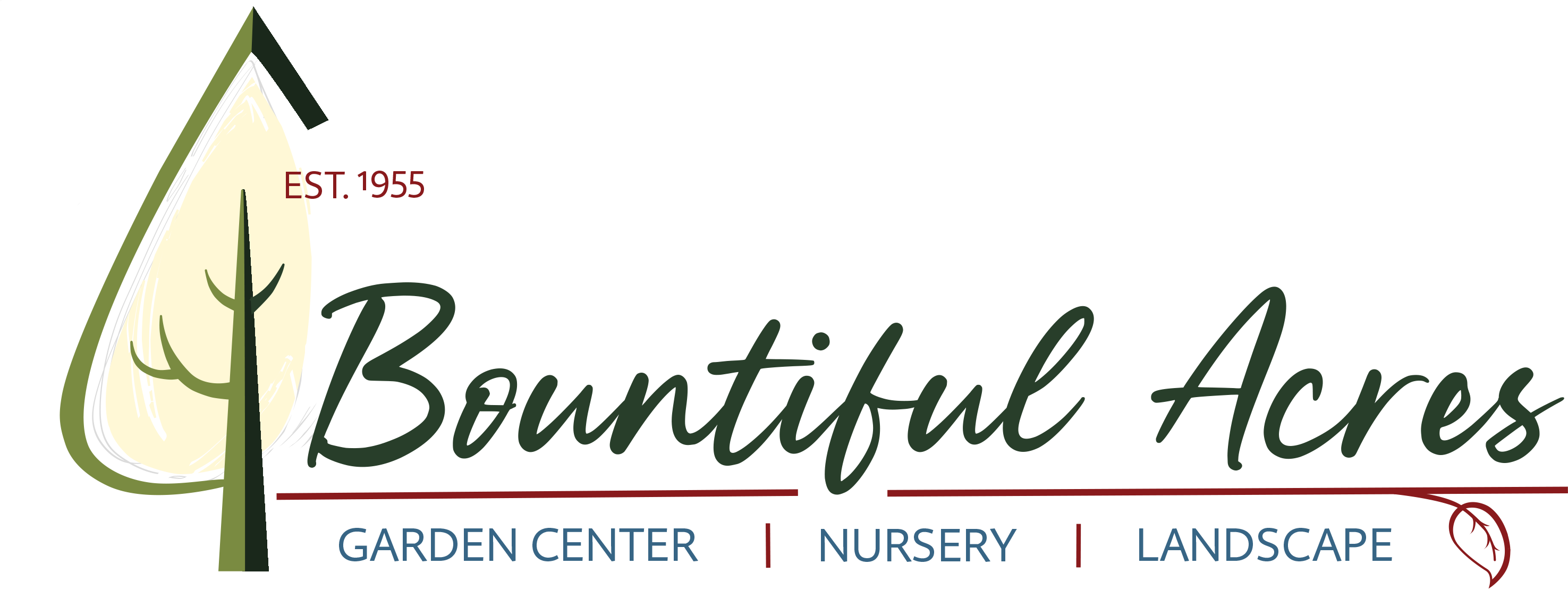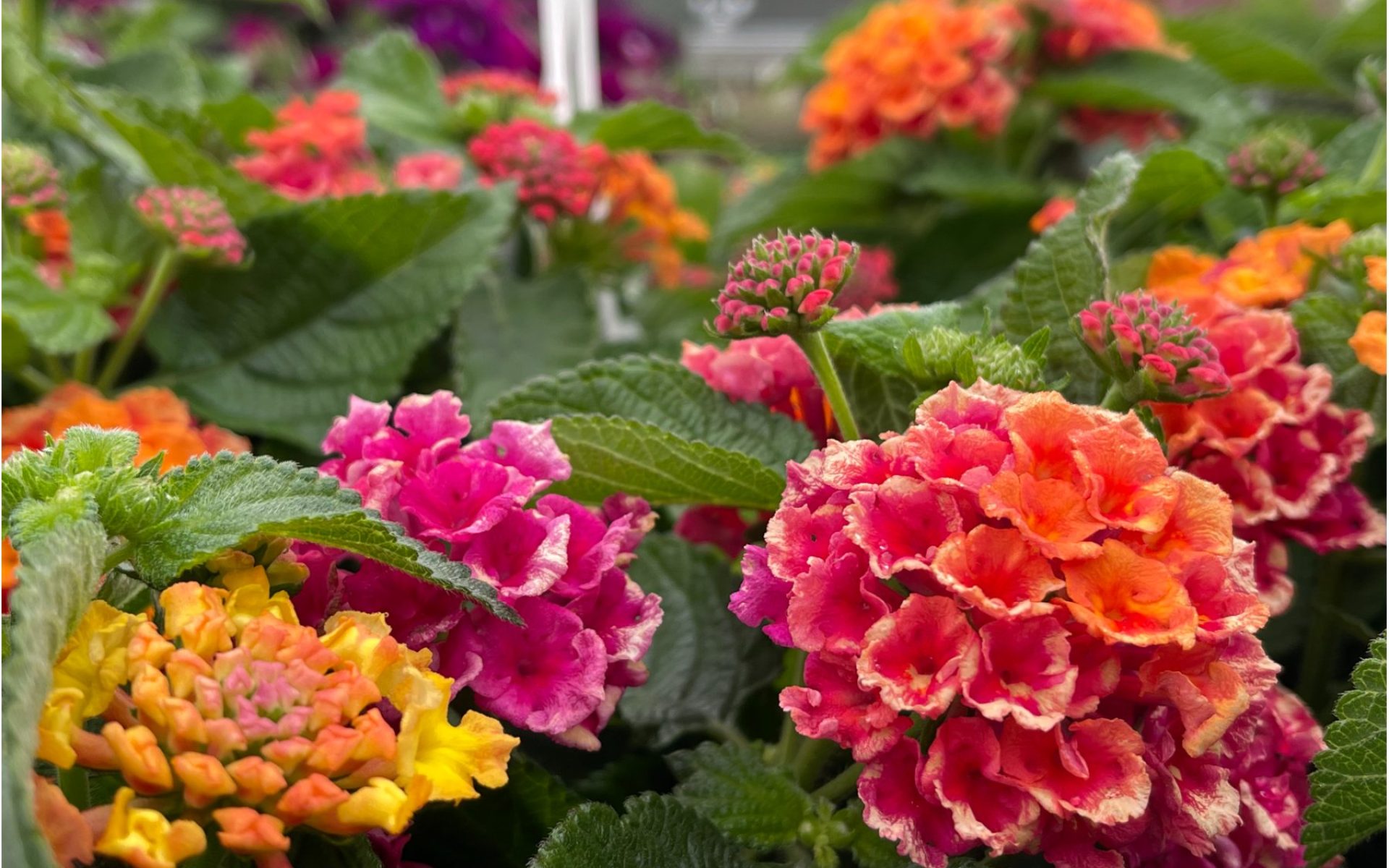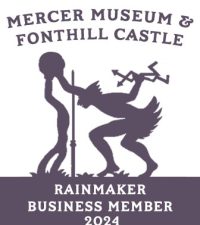For many of us, gardening is a way to connect with nature and create biodiverse communities right in our backyards. Incorporating pollinator plants into your garden not only helps your plants thrive but also attracts uniquely beautiful wildlife. Let’s delve into the importance of pollination and how you can transform your Bucks County garden into a pollinator haven.
What is Pollination?
Pollination is the process of transferring pollen from one flower to another of the same species, which produces fertile seeds. This process is essential for the reproduction of almost all flowering plants. While some plants rely on wind or water for pollination, and a few are self-pollinating, the majority depend on pollinators. Pollinators play a crucial role in maintaining healthy ecosystems by ensuring genetic diversity, which allows plants to adapt to environmental changes.
Who Are Pollinators?
Bees are the most effective pollinators due to their exclusive diet of flowers. They seek out nectar and protein-rich pollen, which they distribute to other plants, aiding in cross-pollination. However, bees are not the only pollinators. Butterflies, moths, hummingbirds, and wasps also contribute to the pollination process, each with unique characteristics and preferences.
Attracting Pollinators to Your Garden
To attract pollinators, it’s essential to understand their preferences and needs. Here are some tips to create a pollinator-friendly garden:
- Choose Native Plants: Pollinators are best adapted to local, native plants, which typically require less water than ornamental varieties. Native plants are more likely to thrive in your garden and support local pollinator species.
- Plant in Clusters: Grouping the same species of plants together in large patches enhances foraging efficiency for pollinators. This setup makes it easier for them to find and gather nectar and pollen.
- Ensure Continuous Blooming: Your garden should have flowers blooming throughout the growing season to provide a constant food source. For spring, consider planting willow, violet, and mayapple. For fall blooms, aster, joe-pye weed, and goldenrod are excellent choices.
- Cater to Different Pollinators: Different pollinators have varying preferences:
- Butterflies: They favor platform-shaped flowers like sunflower and aster but will feed on a variety of nectar-rich flowers such as violet and serviceberry. They are particularly attracted to red, purple, or yellow flowers with sweet scents.
- Bees: They prefer flowers in blue, purple, white, orange, and yellow hues, along with sweet fragrances. Bees can see ultraviolet colors, which are present on flowers like buttercup and black-eyed Susan.
- Create a Water Source: Pollinators need water for hydration and cooling. A shallow dish with stones for perching can serve as an excellent water source.
- Provide Shelter: Different pollinators need shelter to rest and nest. Leave some areas of your garden untidy with leaf litter, twigs, or a small pile of rocks to create natural habitats.
- Avoid Pesticides: Chemicals can harm pollinators. Opt for organic gardening methods and use natural pest control techniques to protect your garden’s biodiversity.
Visit Our Garden Center Nursery
Ready to start attracting pollinators and supporting your at-home ecosystem? Visit our garden center nursery to explore our selection of plants native to Bucks County. Our experts can help you choose the right plants and supplies to create a thriving pollinator garden.
View pollination in action at our Butterfly Atrium where you can witness all stages of the butterfly lifecycle.
Additionally, if you’re interested in backyard beekeeping, we offer everything you need to get started, along with expert advice on setting up and maintaining your hive.
Creating a pollinator-friendly garden is a rewarding way to contribute to the environment while enjoying the beauty and diversity of nature in your own backyard. By following these tips, you’ll be well on your way to attracting bees, butterflies, and other pollinators, ensuring a vibrant and healthy garden.





